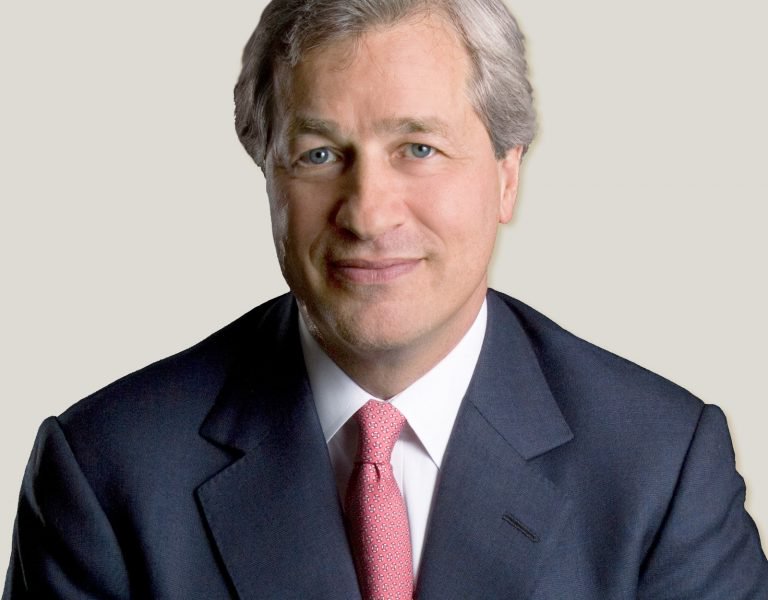Join Our Telegram channel to stay up to date on breaking news coverage
Of late, bankers public and private have increased their criticisms of bitcoin and cryptocurrencies, especially as valuation all time highs appear to have no quick end in sight. From destabilization to fraud and money laundering, legacy banking is doing everything in its rhetorical power to sway opinion.
Also read:
Five Countries where bitcoin is illegal
How to buy Bitcoin with a debit card
World’s Bankers Alarmed
Banco de Portugal Board of Director, Hélder Rosalino, explained to António Costa of Economia Online, “For now, it is necessary to demystify an idea, is that the crypto-currency is not a currency,” he said. Rather, “it is a convention, a computerized solution supported by a very powerful technological base,” he continued. “But it is not a coin, so we look at the crypto-coins with some concern and some caution.”
Mr. Rosalino’s main fear is counterparty risk “because if one does not know who is on the other side, besides the risk of acceptance and legal tender, that is, if there is no possibility of exchange of the virtual currency by a currency with regulators and central banks.”
Central Bank of the Islamic Republic of Iran, Deputy Chief of Technology, Nasser Hakimi, is worried but takes a more measured tone, “Given that bitcoin and other currencies have not been introduced by the central bank as the official currency, as well as the risk of buying it and the activity of traders in this field, we want investors and people to [take] precautions [due to] the market because of the possibility of malice.”
Bank of Austria governor Ewald Nowotny recently added, “We’re asking ourselves if legislators or central banks should intervene, as happened in China where they banned (the use of cryptocurrencies) because they consider [cryptocurrencies] fraudulent.” This statement if of course incorrect, but old-world bankers aren’t too bothered with the actual facts involved.
Tulip Bulbs and Pork Bellies
Dan Alpert of Westwood Capital tweeted with some snark how, “In 2004 I was told that I didn’t ‘get’ credit default derivatives. Now I am told I don’t get Bitcoin and other cryptos. I do, however, get Dutch tulip bulbs,” he dismissed. “If one uses cryptos as a storage of wealth, and then needs liquidity in real money for anything (including the payment of taxes) you don’t know what you are going to have when you sell your position. It’s as though you decided to keep your wealth in pork bellies.”
In an interview, David Gledhill, Chief Information Officer at DBS, the largest lender in Southeast Asia, claimed, “We see bitcoin as a bit of a Ponzi scheme,” describing transaction fees as “incredibly expensive,” while declaring, “all the fees are hidden through the crypto-mechanisms.”
Of course, for bitcoiners, such dismissiveness by bankers reached its nadir with JP Morgan Chase’s Jamie Dimon’s widely published remarks. “If you’re stupid enough to buy [bitcoin], you’ll pay the price for it one day,” he said. Mr. Dimon also referred to it as “a fraud,” a concern echoed throughout legacy banking, money laundering being a chief concern.
It was revealed through a Swiss Federal Administrative Court publication on 16 November 2017 how this Summer its regulatory body, FINMA, issued a previously undisclosed document (still under seal) finding JP Morgan “seriously infringed” anti-money laundering (AML) rules.
A JP Morgan spokeswoman responded,”There is nothing more important to us than the safety and soundness of the global monetary system.”
What do you think of bankers’ statements and fears? Tell us in the comments below!
Images courtesy of: Pixabay, JP Morgan. Samuel Haig contributed sourcing.
At Bitcoin.com there’s a bunch of free helpful services. For instance, check out our Tools page!
Read more:
- ‘End Poverty, Restore Trust’: World Bank Dives into Blockchain with Lab Launch
- DBS Private Bank Launches Crypto Investing and Custody Solutions
Join Our Telegram channel to stay up to date on breaking news coverage


